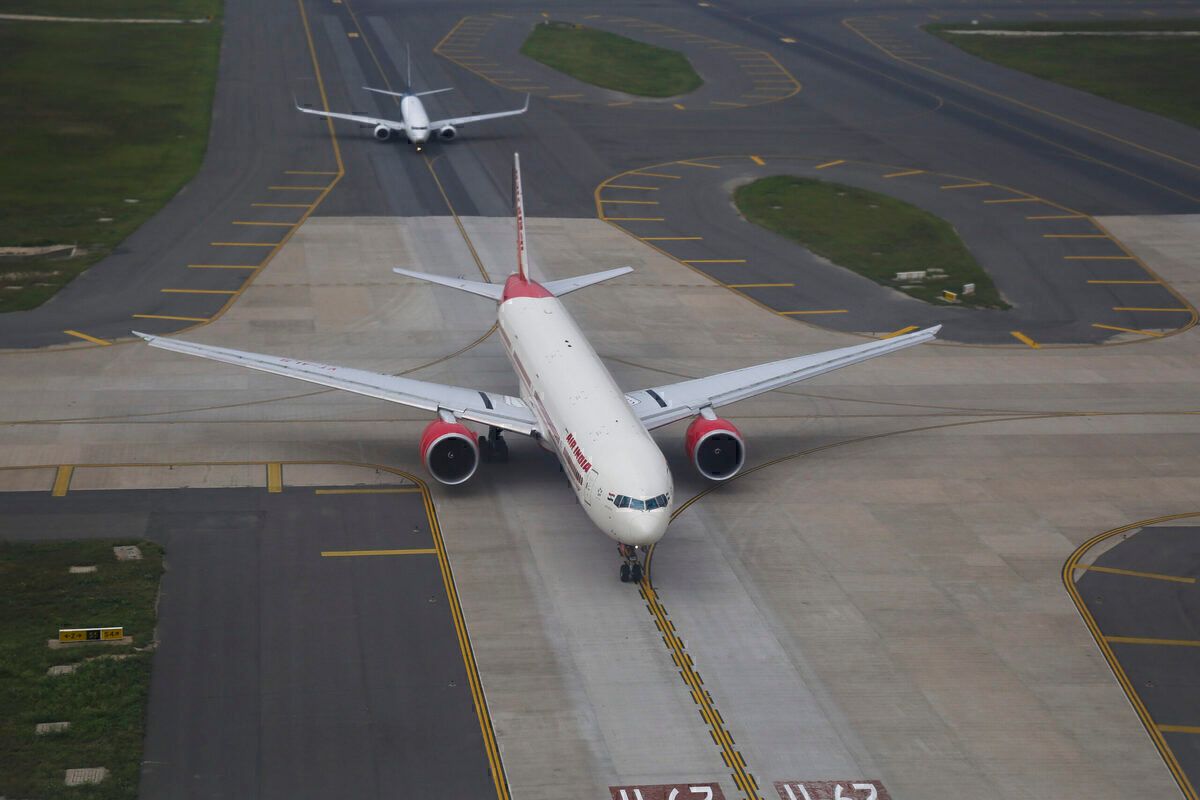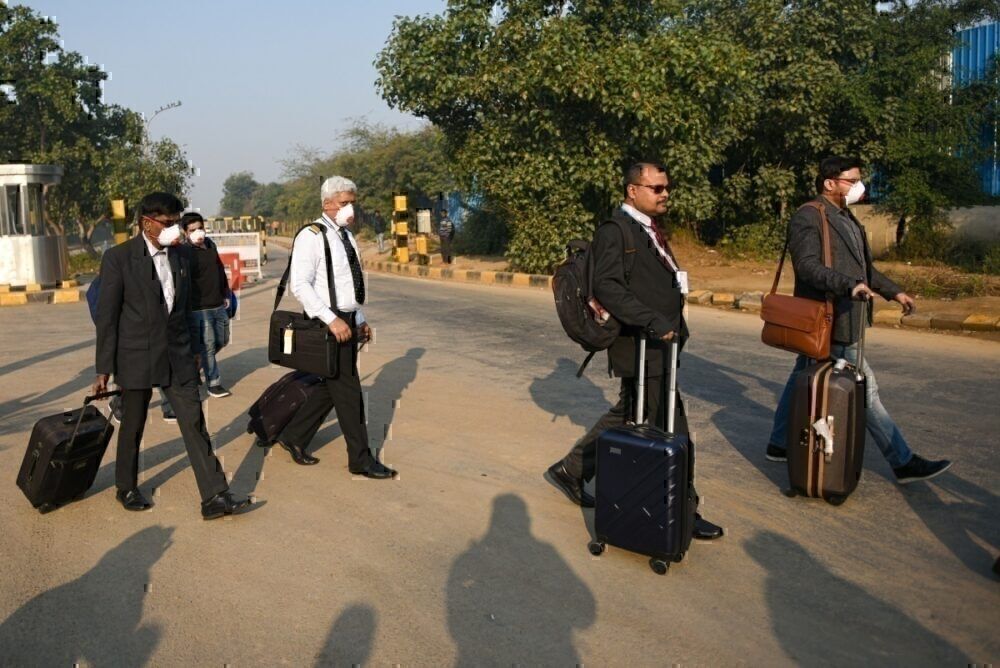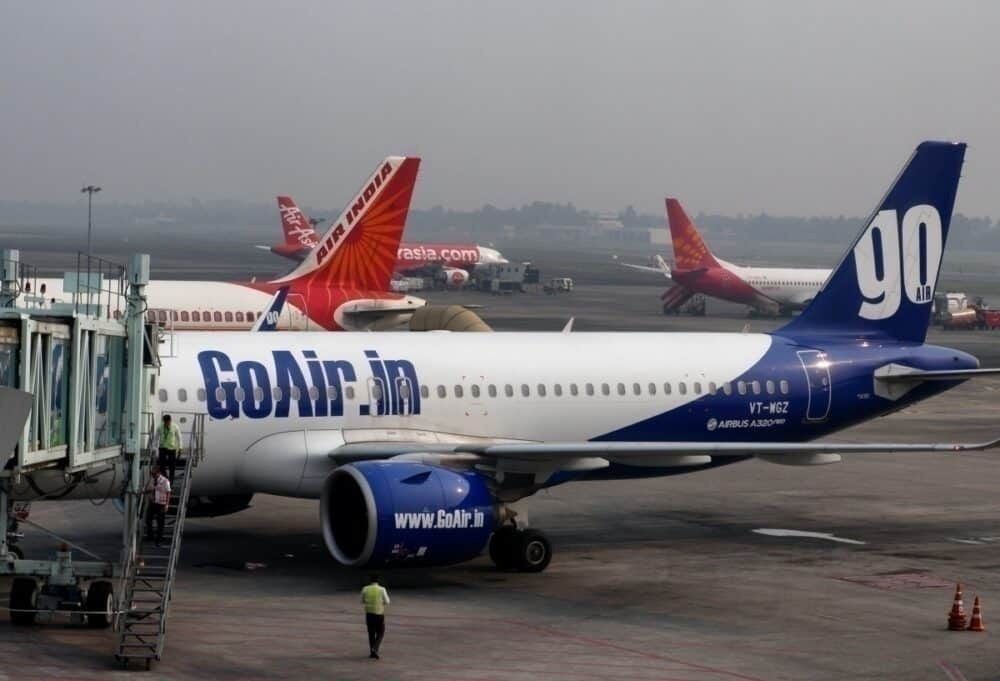The Delhi High Court has ruled that airlines must follow the new 10% breathalyzer rule through the pandemic. The ruling came after the DGCA said some airlines were asking more than 10% of their flight crew to undergo the tests. However, many pilot and cabin crew unions have been pushing to suspends the tests altogether due to the risk of COVID-19.
Limit
According to The New Indian Express, the Delhi High Court has upheld the DGCA's new rules requiring 10% of flight crew and air traffic controllers (ATCs) to be breathalyzed before flights. The court has asked airlines to strictly follow the new rules and not try to test more crew than allowed under the decision.
The ruling is actually a consequence of a DGCA complaint to the court stating that airlines are testing more percentage of crews before flying than allowed. However, it also responds to pleas filed by a pilot's unions and the ATC Guild.
The DGCA, on 27th April, officially amended breathalyzer rules amid a massive second wave of COVID-19 cases. The rules limit airline tests to just 10% of their total domestic flight crew. Flight crews will now be randomly tested and will need to give declarations that they have not consumed alcohol or any psychotropic substance in the 12 hours before flying.
While the 10% limit will reduce the number of crew undergoing breathalyzer tests, it is still far from the outright ban that many were pushing for. So what are the risks of containing these tests during the second wave?
Stay informed: Sign up for our daily and weekly aviation news digests.
First to go
Keen observers may notice that breathalyzer tests were the first to be suspended when the pandemic began in early 2020. The DGCA halted tests on certain routes due to the risk of spreading COVID-19 through the test machines, which requires one to blow air into them for analysis. Breathalyzers were suspended outright in March as cases began to rise in India.
There are a few risks with using breathalyzers during the pandemic. The first being that since air from the machine comes out from the other side, respiratory droplets and aerosols could linger in a room. The second is that bad sanitation opens the door to crew inhaling particles from others being tested and infecting them as well.
Responding to these claims, the court said that it is satisfied by the UV cleaning process currently in place for breathalyzers. However, the court has also asked a medical committee if the tests can be conducted outdoors and after a rapid COVID-19 test to prevent infections from spreading. These decisions will be made in the coming weeks.
Airlines boosting cargo efforts
Crews around the country have been hard at work carrying critical medical equipment to battle India's rising cases. Domestic airlines have been flying in various oxygen-producing machines, masks, PPE, and critically, vaccines. In addition to this, some airlines have also offered to fly medical personnel across the country for free to bolster the system.
What do you think about the debate over testing for crews? Should it be suspended considering the cases? Let us know in the comments!



